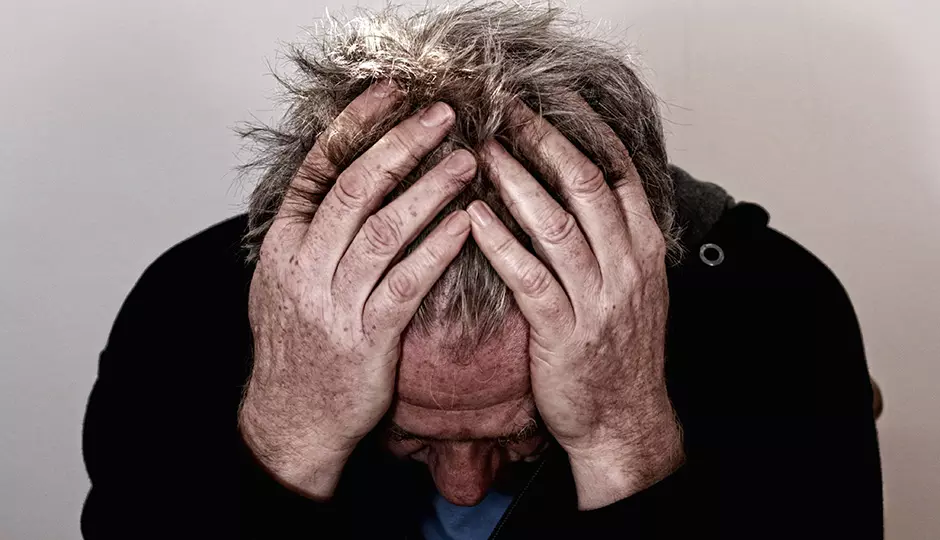The COVID-19 pandemic and quarantine restrictions to help stop the spread of the virus have caused many changes in the way we live our daily lives. While we are still unaware of the long-term effects of contracting the virus, we are beginning to see some impacts. Fear of the novel coronavirus combined with quarantine efforts has had negative consequences even for people that do not catch the virus. The effects of being in isolation and curtailing many normal activities have created stress that is manifesting itself in a variety of ways.
Pandemics and Quarantines Can be Stressful
Research on the impact of previous pandemics, including SARS, Ebola, H1N1 flu, and others, has revealed that pandemics and quarantines can have several adverse psychological effects. The most common psychological symptoms associated with pandemics and quarantines are stress, depression, irritability, insomnia, anger, and emotional exhaustion. Researchers have found that quarantine isolation raises stress levels and that involuntary quarantine causes a much more significant increase in stress levels than voluntary isolation.
Several factors cause stress from quarantine restrictions. Fear and uncertainty about a new disease, combined with inadequate, incorrect, or conflicting information from health officials and news agencies, can be overwhelming and create strong emotional responses.
Fear of infection and spreading the virus raises stress levels due to the uncertainty involved. While isolation reduces the risk of spreading the disease, isolation can lead to frustration and boredom. Stress can also be caused by concerns for having adequate finances and supplies to last through the duration of the quarantine and concerns over loss of income and the long term financial repercussions that may cause.
Symptoms of stress related to quarantine efforts have been shown to increase with the duration of the isolation. Typically, stress increases after about ten days in isolation. With the recommended 14-day quarantine for COVID-19, the number of individuals suffering from psychological stress and manifesting stress-related symptoms will grow.
Stress-Related Hair Loss
Prolonged periods of stress can trigger a number of symptoms in the body. Periods of high stress and anxiety put your body into a survival mode. As the body tries to adjust to the pressure, it reallocates essential resources, such as vitamins and minerals, to the most critical bodily functions.
During periods of high-stress, blood flow to the skin, scalp, and hair follicles is reduced, and stress-related hormones and neurotransmitters change the normal hair growth cycle, causing the hair follicles to enter a resting stage. Stress causes the hair follicles to produce thinner hairs that are prone to breakage, causing visibly thinner hair. As high levels of stress continue, the hair follicle's ability to produce healthy strands of hair is inhibited to the point where the follicles may stop producing hair altogether.
Contact New Image Hair Clinic
Hair shedding is a normal part of the hair growth cycle, but stress related to the COVID-19 pandemic and quarantine efforts can significantly impact thinning hair and hair loss. While the primary concern for many is not to get sick, there are a variety of mental stressors associated with the COVID-19 pandemic and isolation. Any physical or emotional stress can contribute or cause thinning hair and hair loss, and if you were stressed before the pandemic, the situation could be compounded.
At New Image Hair Clinic, we offer our clients proven treatment methods to help with hair loss for men and women. Our compassionate staff has intimate knowledge of hair loss causes and will work with you to find a solution for you, such as hair restoration systems, laser hair therapy, or trichological treatments. To learn more about the proven treatments we offer to help with hair loss and promote healthy hair growth, contact us today, and schedule your FREE consultation.



